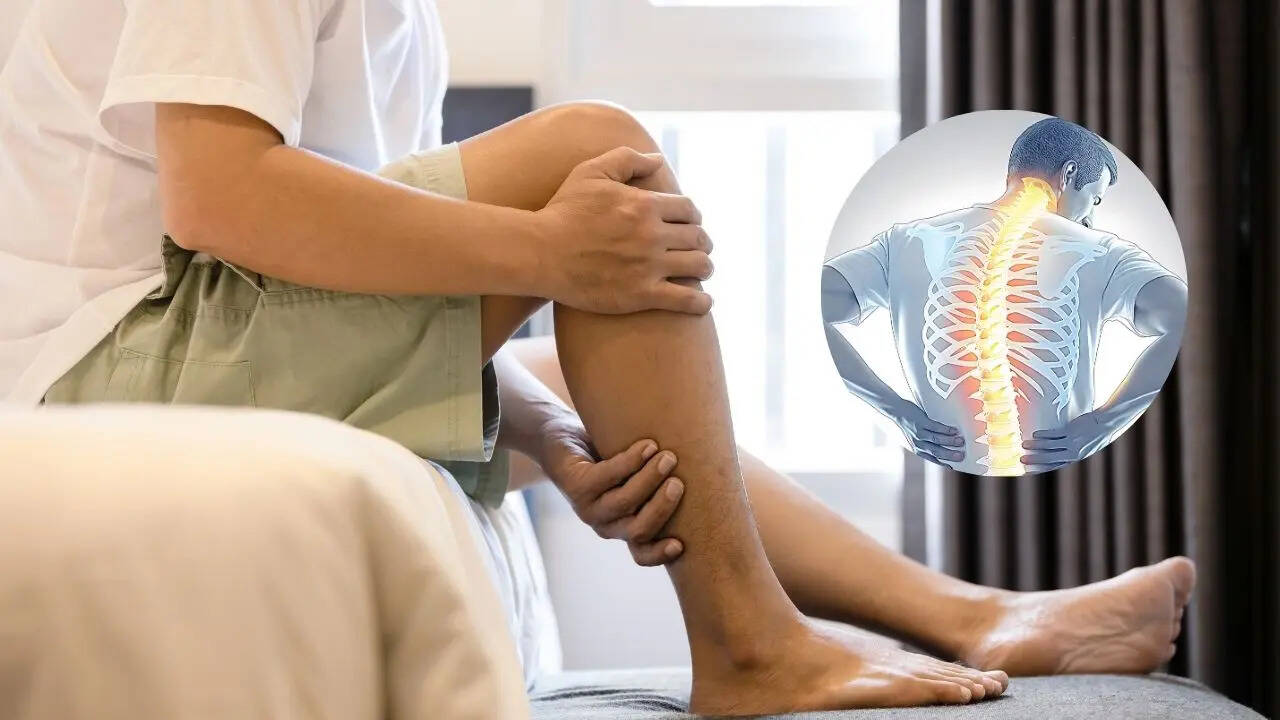8 Everyday Habits That Could Be Making Your Bones Weak, Experts Warn

Credits: Canva
SummaryMany people think weak bones are only a concern in old age, but bone loss can begin much earlier, and often goes unnoticed until a fall causes a fracture. This guide explores the key culprits behind fragile bones and practical steps to protect them, so you can maintain stronger, healthier bones throughout life.
End of Article
